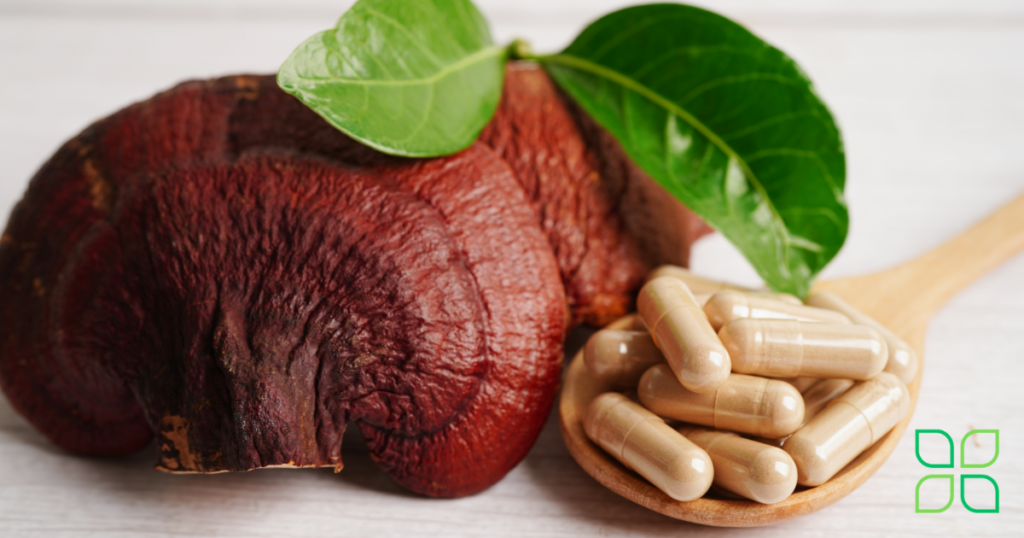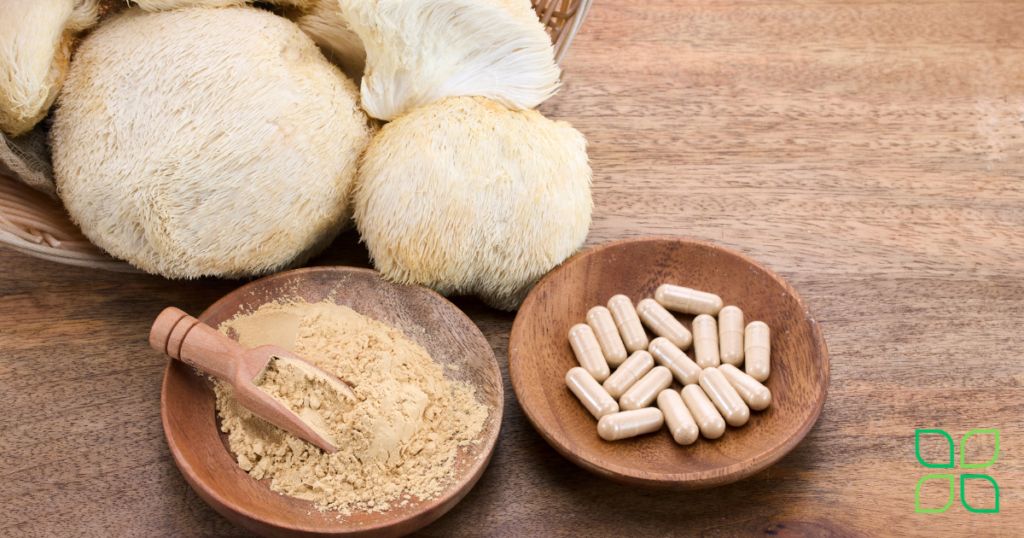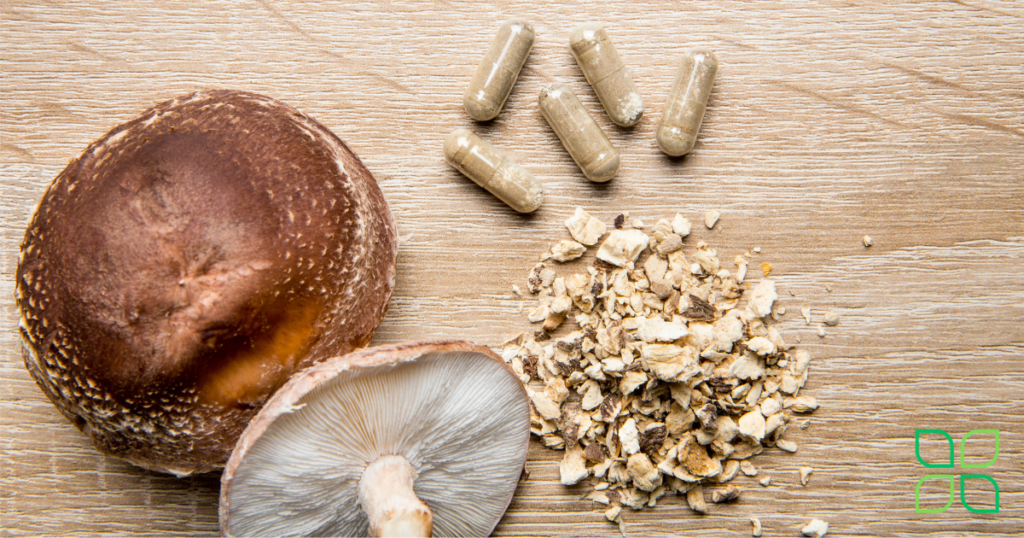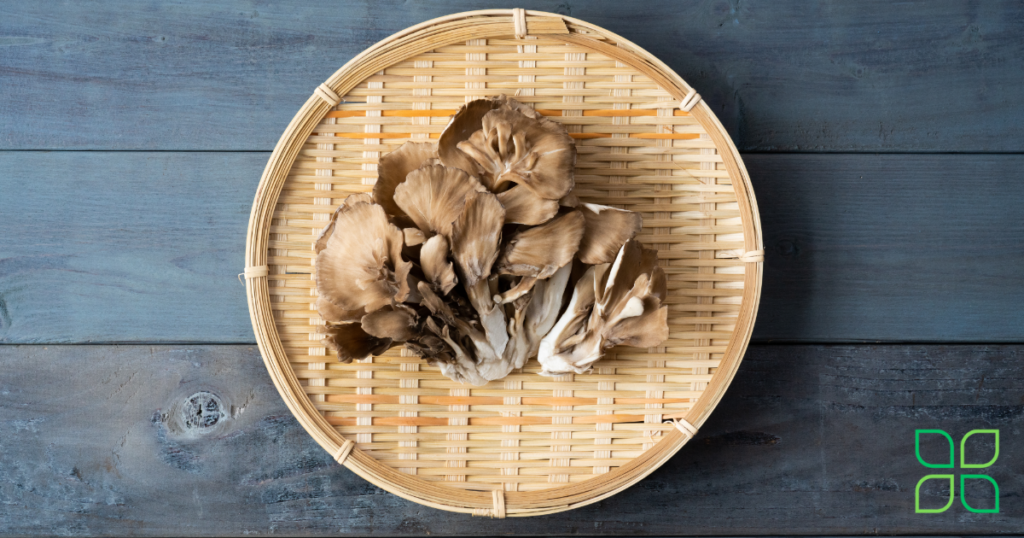Top 5 Mushrooms for Optimal Gut Health
In recent years, mushrooms have gained significant recognition not only for their culinary versatility but also for their remarkable health benefits. Among these, their positive impact on gut health is particularly noteworthy. Our gut, often referred to as the “second brain,” plays a crucial role in our overall well-being, influencing everything from digestion to mental health. In this blog post, we will explore the top 5 mushrooms that can enhance gut health, backed by scientific research and expert recommendations.
1. Reishi Mushrooms: The Immune-Boosting Powerhouse

Reishi mushrooms (Ganoderma lucidum) are renowned for their immune-boosting properties, which can significantly benefit gut health. These mushrooms contain compounds like beta-glucans and triterpenoids that enhance immune function and reduce inflammation. A healthy immune system supports a balanced gut microbiome, which is crucial for optimal digestion and nutrient absorption.
Research has shown that reishi mushrooms can positively affect gut bacteria, promoting the growth of beneficial strains while inhibiting harmful pathogens. For instance, a study published in the Journal of Ethnopharmacology found that reishi supplementation improved gut microbiota composition, leading to enhanced gut health and reduced symptoms of gastrointestinal disorders.
To incorporate reishi mushrooms into your diet, consider adding reishi powder to smoothies, teas, or soups. Its slightly bitter taste can complement various recipes, providing both flavor and a health boost.
2. Lion’s Mane: The Brain and Gut Connection

Lion’s Mane mushrooms (Hericium erinaceus) are celebrated for their cognitive benefits, but their positive effects extend to gut health as well. These mushrooms contain bioactive compounds like hericenones and erinacines, which stimulate nerve growth factor (NGF) production. NGF is essential for the maintenance and growth of neurons, including those in the gut.
The gut-brain axis is a bidirectional communication system between the gastrointestinal tract and the brain. By supporting neuronal health in the gut, Lion’s Mane mushrooms can enhance digestive function and alleviate symptoms of gastrointestinal disorders such as irritable bowel syndrome (IBS).
A study published in the Journal of Agricultural and Food Chemistry demonstrated that Lion’s Mane supplementation improved gut microbiota diversity and reduced inflammation in animal models. To enjoy these benefits, try incorporating Lion’s Mane into your diet with supplements or by adding it to stir-fries and soups.
3. Shiitake Mushrooms: A Nutrient-Dense Superfood

Shiitake mushrooms (Lentinula edodes) are a popular choice for promoting gut health due to their nutrient density and prebiotic properties. Rich in fiber, vitamins, and minerals, shiitake mushrooms support a healthy gut environment by feeding beneficial bacteria.
Prebiotics in shiitake mushrooms, such as polysaccharides, provide nourishment for probiotics, leading to a balanced gut microbiome. A healthy microbiome is crucial for efficient digestion, immune function, and the prevention of gastrointestinal disorders.
According to a study in the Journal of Medicinal Food, shiitake mushrooms can enhance gut health by increasing beneficial bacteria and reducing intestinal inflammation. To incorporate shiitake mushrooms into your meals, sauté them with vegetables, add them to pasta dishes, or enjoy them in a comforting miso soup.
4. Maitake Mushrooms: The Digestive Aid

Maitake mushrooms (Grifola frondosa), also known as “hen of the woods,” are revered for their digestive benefits. These mushrooms contain beta-glucans, a type of soluble fiber that aids digestion by promoting regular bowel movements and preventing constipation.
Maitake mushrooms also support the growth of beneficial gut bacteria, contributing to a balanced microbiome. A balanced gut microbiome is essential for efficient digestion, nutrient absorption, and the prevention of digestive disorders.
Research published in the International Journal of Molecular Sciences highlights the role of maitake mushrooms in modulating gut microbiota and improving intestinal barrier function. To enjoy the benefits of maitake mushrooms, try adding them to risottos, omelets, or simply roasting them with olive oil and herbs.
5. Turkey Tail Mushrooms: The Immune System Booster

Turkey Tail mushrooms (Trametes versicolor) are celebrated for their immune-boosting properties, which can indirectly benefit gut health. These mushrooms contain polysaccharide-K (PSK) and polysaccharide-peptide (PSP), compounds known to enhance immune function and support a healthy gut environment.
A robust immune system helps maintain a balanced gut microbiome, preventing the overgrowth of harmful bacteria and promoting optimal digestion. A study in the Journal of Functional Foods demonstrated that turkey tail mushrooms improved gut microbiota diversity and reduced intestinal inflammation in human subjects.
To incorporate turkey tail mushrooms into your diet, consider using them in teas or supplements. Their mild flavor makes them a versatile addition to various recipes, providing both immune support and gut health benefits.
Conclusion: Embrace the Power of Mushrooms for Gut Health

The remarkable health benefits of mushrooms extend beyond their culinary appeal. By incorporating reishi, lion’s mane, shiitake, maitake, and turkey tail mushrooms into your diet, you can enhance your gut health, boost your immune system, and promote overall well-being.
Remember to choose high-quality mushroom products, whether fresh, dried, or in supplement form, to ensure you receive the full range of benefits. As always, consult with a healthcare professional before making significant changes to your diet, especially if you have underlying health conditions.
By embracing the power of these top 5 mushrooms, you can take proactive steps towards achieving optimal gut health and enjoying a healthier, more balanced life.
